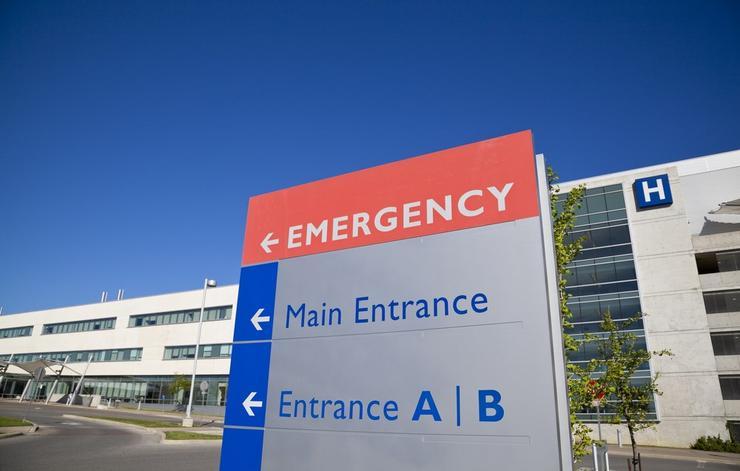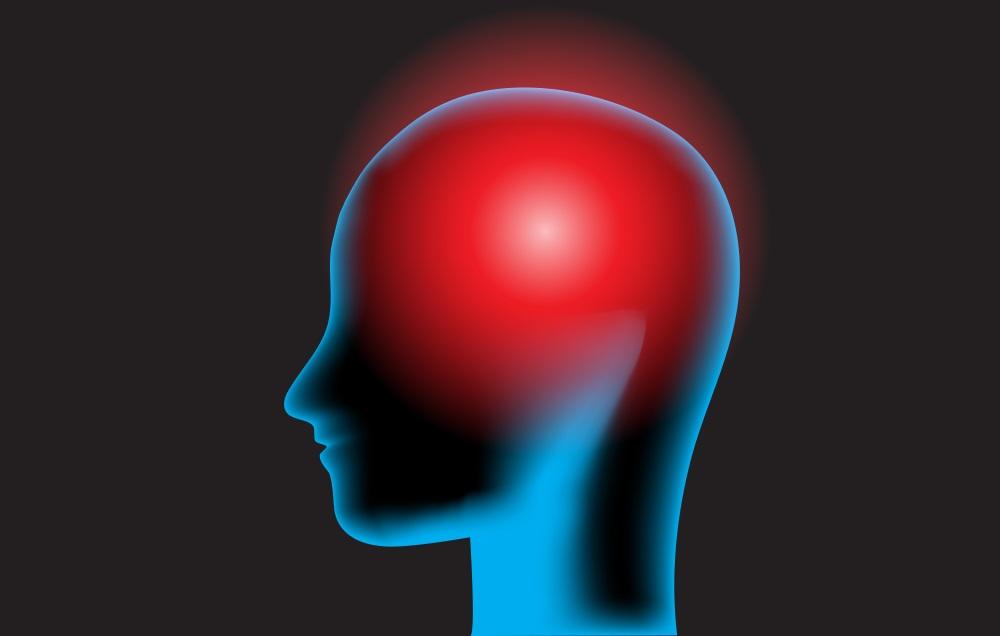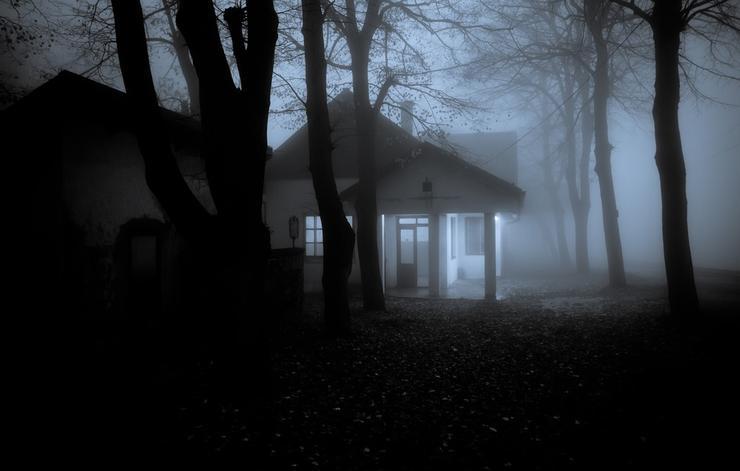Any time you get hit on the head and lose consciousness, you need to go to the hospital, say Pieroth. But make sure you ask someone around you what happened. “Many times the person themselves won’t know if they got knocked out or not,” she says. It’s also possible to think you were unconscious when you were actually awake and responsive (talking and moving around) the whole time, which is a type of amnesia. However, if you were alone when you were injured, it can be hard to know definitively, so it’s best to see a doctor to be safe.
There’s a myth that you can develop a concussion days or weeks after the incident, but Pieroth says this isn’t true. If symptoms are delayed, there may be something else going on, she says. (Though it can be easy to miss some of the signs and not pick up on a concussion until later, especially if you “look” fine, points out the CDC.)
Bottom line: You don’t want to be inappropriately treated for a concussion. Work with your doctor to see what else could be going on. It could be another serious injury-related condition like a neck injury or a blood clot in or around the brain called a hematoma. Get the help you need and you’ll soon be on the path to being well again.

And they’re getting worse.
While a headache, mild confusion, or irritability might not signal a concussion, you should pay attention if those symptoms are getting more severe. “Usually with rest, symptoms will either stay the same or start to get a bit better,” says Pieroth. “But if you’re getting more fatigued, harder to arouse, or your headache has become severe, go to the ER,” she says. It might be a concussion, or it might be a more serious neck injury. Either way, doctors will want to see you stat.










